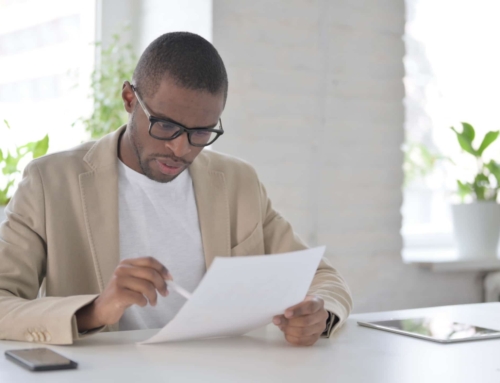Looking back over the past four years, it seems as if few parts of the country were spared some sort of manmade or natural disaster.
From the terrorist attacks on September 11, 2001 through the record four hurricanes to strike Florida during this past hurricane season, Americans have borne the brunt of both natural and manmade disasters.
As a country, we feel shock and sadness when disaster strikes, but they are often devastating to individuals who lose their houses and their hope, their mementos and, sometimes, their memories.
Financially, they can be catastrophic. Homeowners who are uninsured or underinsured can lose everything and not have any cash for rebuilding. Business owners can struggle for years to rebuild.
And then there are the personal disasters that affect every family: an untimely death, job loss, divorce, sickness or disability.
There are several common mistakes individuals tend to make in the wake of a disaster. I’ve adapted these from my book, 50 Simple Things You Can Do To Disaster-Proof Your Finances, because the best time to think about what you would do in the event of a disaster is before it happens.
-
Procrastination. You’re not really procrastinating in the wake of a disaster — it’s more like you’re in shock and can’t seem to remember to do the simple things that keep life moving ahead, like paying the bills or depositing a work check. The solution is to automate as much of your financial life as possible. Choose direct deposit at work. Use auto-debit to pay your bills automatically. Start banking online. Putting your financial life on auto-pilot is a great way to keep things going when your mental energies are focused elsewhere.
-
Disorganization. When disaster strikes, you’re going to have to get hold of certain documents quickly, including wills, trusts, insurance policies, deeds, bills, bank statements and others. Do you know where your important papers are? Create a file folder that contains all of your important papers. Make a copy of all the documents and put them in a safe deposit box or water and fireproof safe, or give them to your attorney. Make sure someone outside the immediate family knows where the documents are and how to access them.
-
Moving too quickly. Your first instinct might be to simply disappear for awhile. But running away from your problems won’t solve them. If you can avoid making any major moves for six months to a year, you’ll probably avoid making snap decisions you may later regret.
-
Trusting the wrong people. As sick as it sounds, scam artists spend their days looking through the death notices scouting for likely victims. Make sure you have a trusted attorney, accountant, or estate advisor in place — and that your family knows which professionals you trust. The last thing you want is for your family to reach out and a con artist reaches back.
-
Underinsuring our lives. It’s important to have the right kind of insurance (homeowners, life, disability and medical) before a disaster strikes. But in the wake of a catastrophe, it’s important to update your policies to reflect your new reality. Life doesn’t guarantee you’ll get only one curve ball — you have to be ready if you’re unlucky enough to get another thrown at you.
-
Saving the house at the expense of everything else. A wise real estate agent once told me that a house can be a home, but a home is where your heart is. I’ve taken that to mean that a house is nothing more than four walls, a ceiling, a floor and some paint. It becomes a home when you and your loved ones move in. When disaster strikes, our instinct is to hunker down in a place that feels familiar. But don’t become so attached to your house that selling it becomes unthinkable — even if selling it would solve a serious financial crisis. While you should try to wait a year before making a major move, if it becomes apparent in three months that selling the house could help, then you should seriously consider doing it.
Nov. 5, 2004.






Leave A Comment